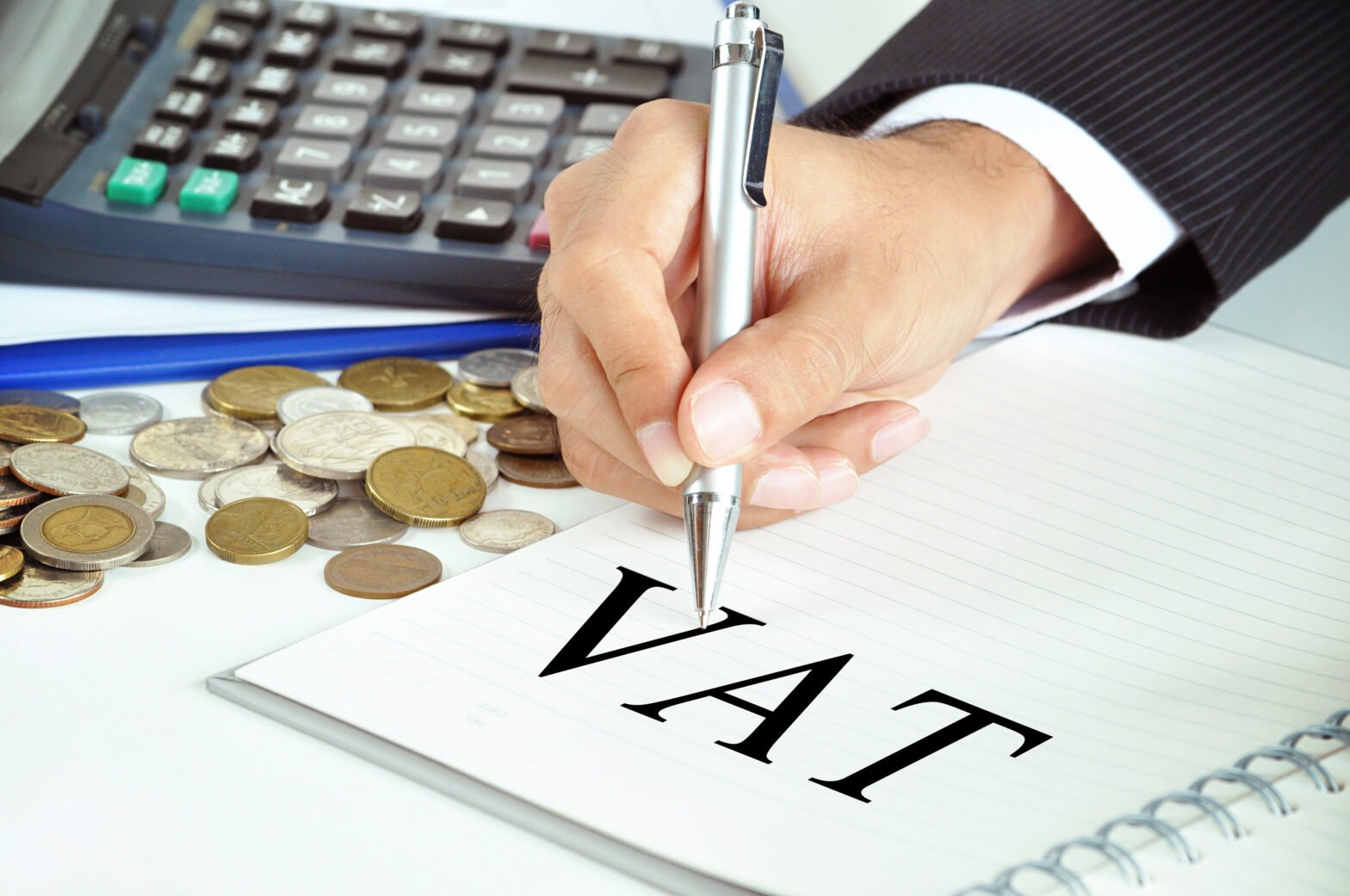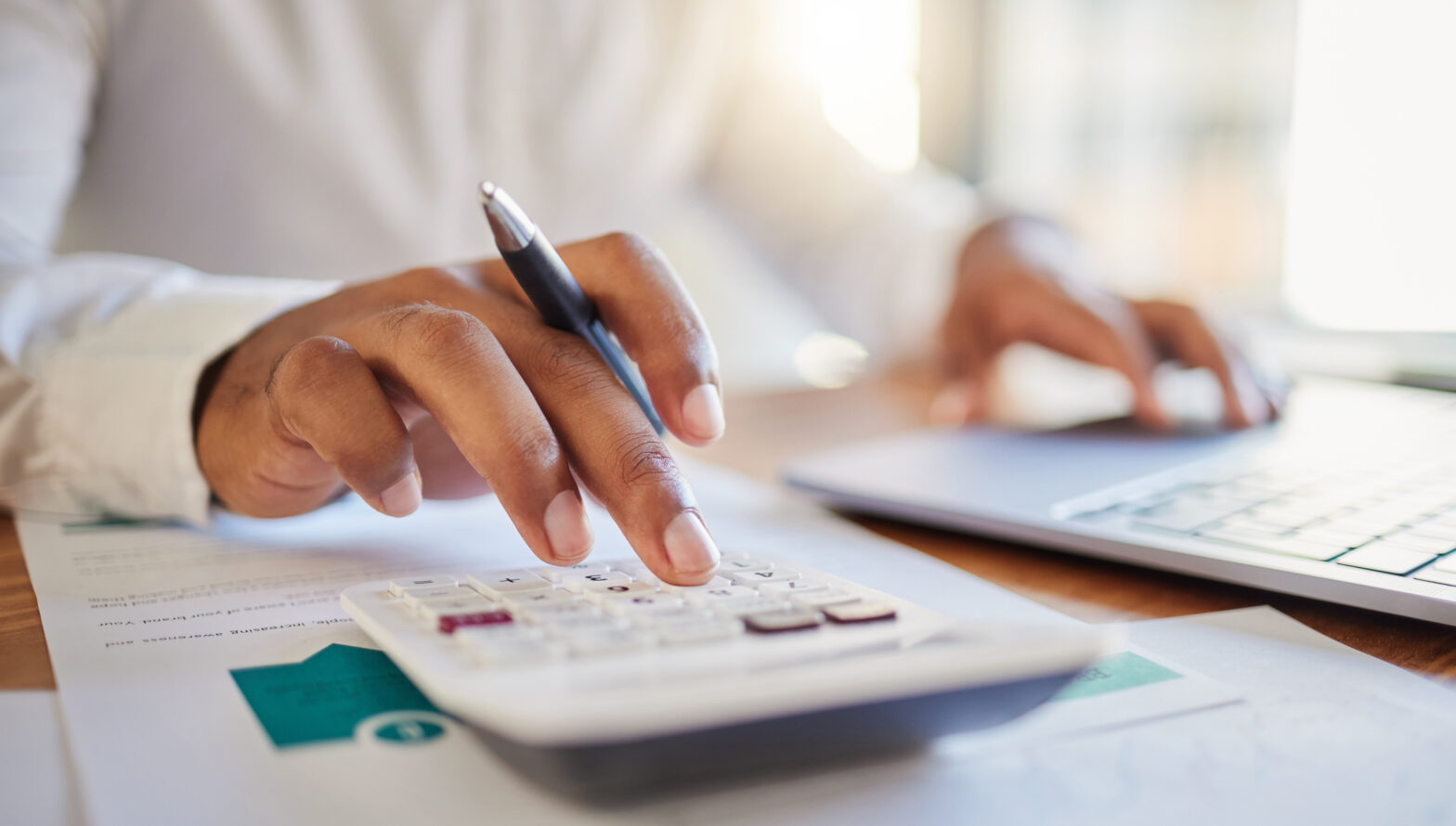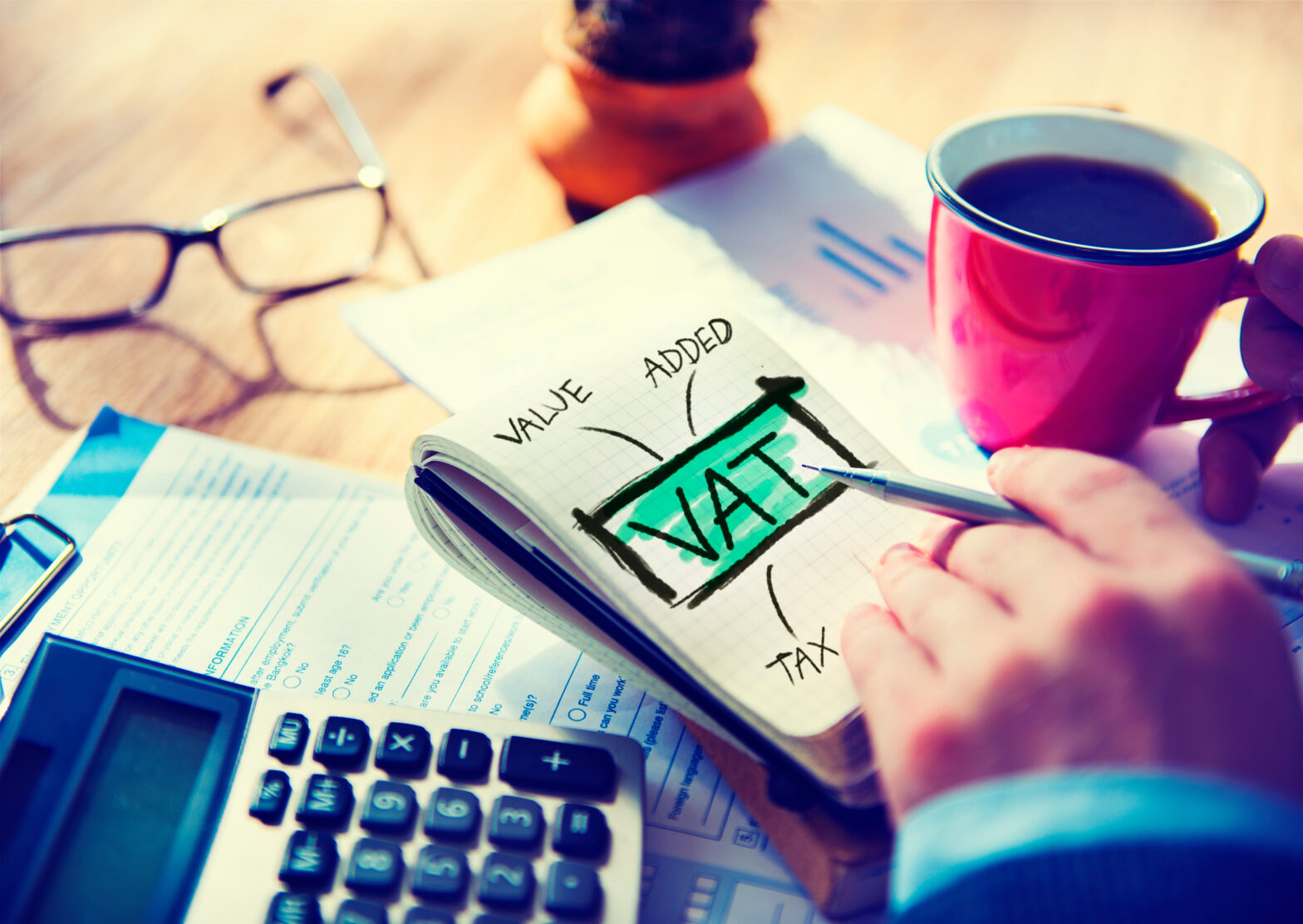If you’re selling digital goods or e-services to consumers in the European Union (EU), the new EU VAT legislation that comes into effect from January 1 2015 is going to have a huge impact on your business’s tax affairs.
What’s happening?
An online business will need to account for VAT in the EU member country where its customer lives, at the VAT rate applicable to the buyer’s country, rather than charging the seller’s country VAT rate as it was before.
Who’s affected?
Anyone selling digital content or e-services, including telecommunication providers and broadcasters, are all impacted, even if their turnover is below the usual small business UK VAT registration threshold (£81,000 at time of writing). The legislation applies to businesses based inside and outside the EU, all now accountable for paying the VAT owed to the buyer’s EU state.
Why are the rules changing?
The EU wants to create a level playing field for all businesses that sell to consumers. The idea is to remove the unfair advantage gained by competitors undercutting rivals by geographically locating themselves in an EU state with lower taxes, or outside the Union all together.
What digital goods or e-services are affected?
The level of human interaction and automation factors in determining what’s affected, so e-services or e-goods requiring no, or slight human interaction, will be affected. For example, a customer purchasing a PDF online which is made available automatically via email attachment or link, even if this requires human approval of the order to activate the download, would be affected.
Digital content and e-services affected by the new legislation includes:
- Downloading or streaming e-books, PDF files, text documents, pictures, images, music, audio, video, films, software and games
- On-line books, magazines, journals and newspapers
- Online training where pre-recorded work is disseminated to each trainee without interaction from a live tutor
- Advertising space on a web page
- Web hosting
- Streamed data and programmes.
What online sales aren’t affected?
Emailed content which was manually attached to the message by the seller before sending to the buyer is not considered as electronically supplied and is therefore not affected. However, manually sending the buyer a link to downloadable content in an email instead of attaching it is considered as electronically supplied. As you can see, it’s quite a fine line between what is, and isn’t affected.
The following are examples of online sales which aren’t affected:
- Supply of tangible goods ordered through an online system
- Booking services for accommodation, events and hire
- Online training requiring a human to perform some live tuition for each trainee or group, such as a live webinar
- Physical literature purchased online such as books, journals and newspapers
- Advertising space purchased online for an offline medium such as newspaper, television or radio
- Procurement of a service online resulting in a physical action offline, such as booking equipment maintenance services.
How will you account for EU VAT?
There are two options for UK businesses.
- Register for VAT with each member state’s tax authority and file taxes directly with each country you sell to.
- Register for the new HM Revenue and Customs (HMRC) VAT Mini One Stop Shop (VAT MOSS) service instead of with every individual member state.
The European Commission’s site has VAT rates and requirements for each EU member here: EC VAT page
How does VAT MOSS simplify things?
Using the VAT MOSS system means you won’t have to register individually with each EU state. Instead, you’ll declare all EU sales centrally in VAT MOSS. Each quarter you’ll make a single payment to HMRC for all your EU tax liabilities. HMRC will distribute tax revenue to each EU member on your behalf. VAT MOSS accounting periods will be quarterly as follows:
- 1 January to 31 March
- 1 April to 30 June
- 1 July to 30 September
- 1 October to 31 December.
You’ll need to register for a UK VAT number to use the VAT MOSS system. If you’ve become VAT registered for the purpose of using the VAT MOSS system and have a turnover below £81,000 (or whatever the current cut-off is), then HMRC has said you may choose not to charge VAT on UK sales.
Reclaiming VAT on purchases
If you’re not charging VAT on UK sales you can only claim VAT back on purchases proportionate to your sales to EU countries where you do charge VAT.
So, if 50 per cent of sales are to UK customers where you don’t charge VAT and 50 per cent are to the EU where you charge VAT, then you may only claim back 50 per cent of VAT on taxed business expenses.
Customer address evidence
Businesses will need to collect two pieces of address evidence (such as the customer’s address given at the checkout and the billing address captured for their credit card), to corroborate the buyer’s location and demonstrate that the correct rate of VAT has been charged.
Because you will be storing customer information digitally it will be mandatory to register with the Information Commissioners Office (ICO) as the data controller for the country where your business is located.
These tax changes are a big shake up to the complexity and work involved in the tax accounting for a small business’s digital sales and may well dissuade people from launching new businesses or adding digital services/goods.
Please comment below or tweet @shopintegrator to let me know what challenges you encountered implementing these changes.
Simon Horton is the founder of ShopIntegrator, a hosted shopping cart e-commerce solution.





